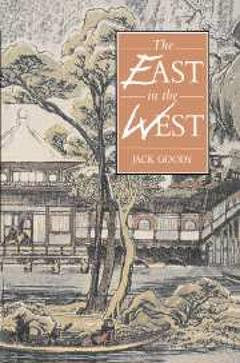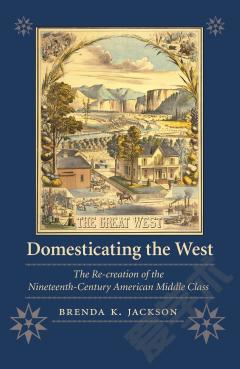The East in the West
The East in the West reassesses Western views of Asia. Traditionally many European historians and theorists have seen the societies of the East as 'static' or 'backward'. Jack Goody challenges these assumptions, beginning with the notion of a special Western rationality which enabled 'us' and not 'them' to modernise. He then turns to book-keeping, which several social and economic historians have seen as intrinsic to capitalism, arguing that there was in fact little difference between East and West in terms of mercantile activity. Other factors said to inhibit the East's development, such as the family and forms of labour, have also been greatly exaggerated. This Eurocentrism both fails to explain the current achievements of the East, and misunderstands Western history. The East in the West starts to redress the balance, and so marks a fundamental shift in our view of Western and Eastern history and society.
{{comment.content}}








 京公网安备 11010802027623号
京公网安备 11010802027623号